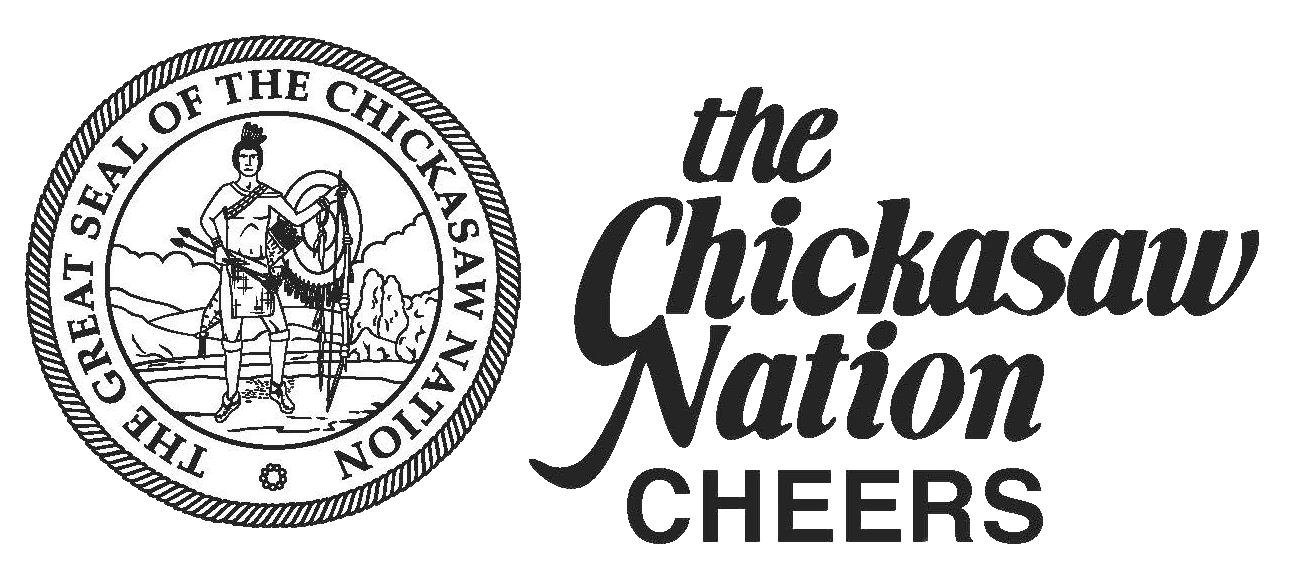
Welcome to
NATIVE-CHART
NATIVE-CONTROLLING HYPERTENSION AND RISK THROUGH TECHNOLOGY
American Indians, Alaska Natives, Native Hawaiians, and Pacific Islanders experience more risk factors for heart disease and related complications than other racial groups in the United States. But we have promising news. As researchers learn more about preventing and managing hypertension and other risk factors for heart disease and stroke, we improve our ability to help Native populations reduce their risk of these chronic illnesses. We strive to prevent hypertension, especially in our younger generations, by combining modern science and traditional community knowledge.
 Blood Pressure-Improving Control among Alaska Native People (BP-ICAN)
Blood Pressure-Improving Control among Alaska Native People (BP-ICAN)
Anchorage, Alaska
- Participants receive blood pressure monitors for home use.
- Handouts and text messages encourage heart-healthy choices.
- Participants learn how to talk with their care team about their heart health.

 Chickasaw Healthy Eating Environments Research Study (CHEERS)
Chickasaw Healthy Eating Environments Research Study (CHEERS)
Ada, Oklahoma
- Participants living in the Chickasaw Nation with uncontrolled blood pressure are eligible to participate in CHEERS.
- Participants receive a monthly delivery of boxes containing DASH-approved foods, recipe cards, and fresh checks to purchase fresh fruits and vegetables locally. In addition, their gym membership fees are waived.
- Participants are also given access to the “AYA Homeland Journey” app, which encourages walking. Steps taken are tracked by Fitbits provided for free to participants.

 Engaging Native Hawaiians & Pacific Islanders and Activating Communities to Take Steps (ENACTS) / Healthy Hearts Among Pacific Islanders (HHAPI)
Engaging Native Hawaiians & Pacific Islanders and Activating Communities to Take Steps (ENACTS) / Healthy Hearts Among Pacific Islanders (HHAPI)
Seattle, Washington
- Educational classes emphasize heart-healthy eating, traditional Native Hawaiian/Pacific Islander foods, physical activity, and social support.
- Participants receive a weekly credit for groceries.
- A smartphone app tracks participants’ physical activity and food consumption.
- Community policy-level effort to increase the availability of heart-healthy choices.

This work is supported by grant U54 MD011240 – funded by the National Institute on Minority Health and Health Disparities
Website Feedback

